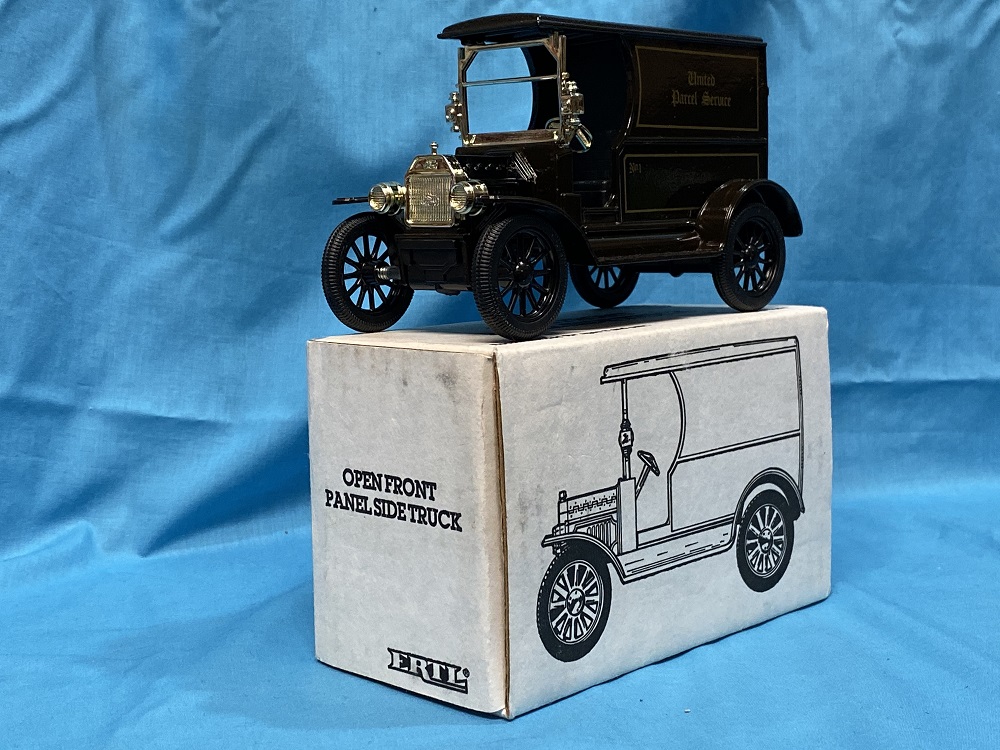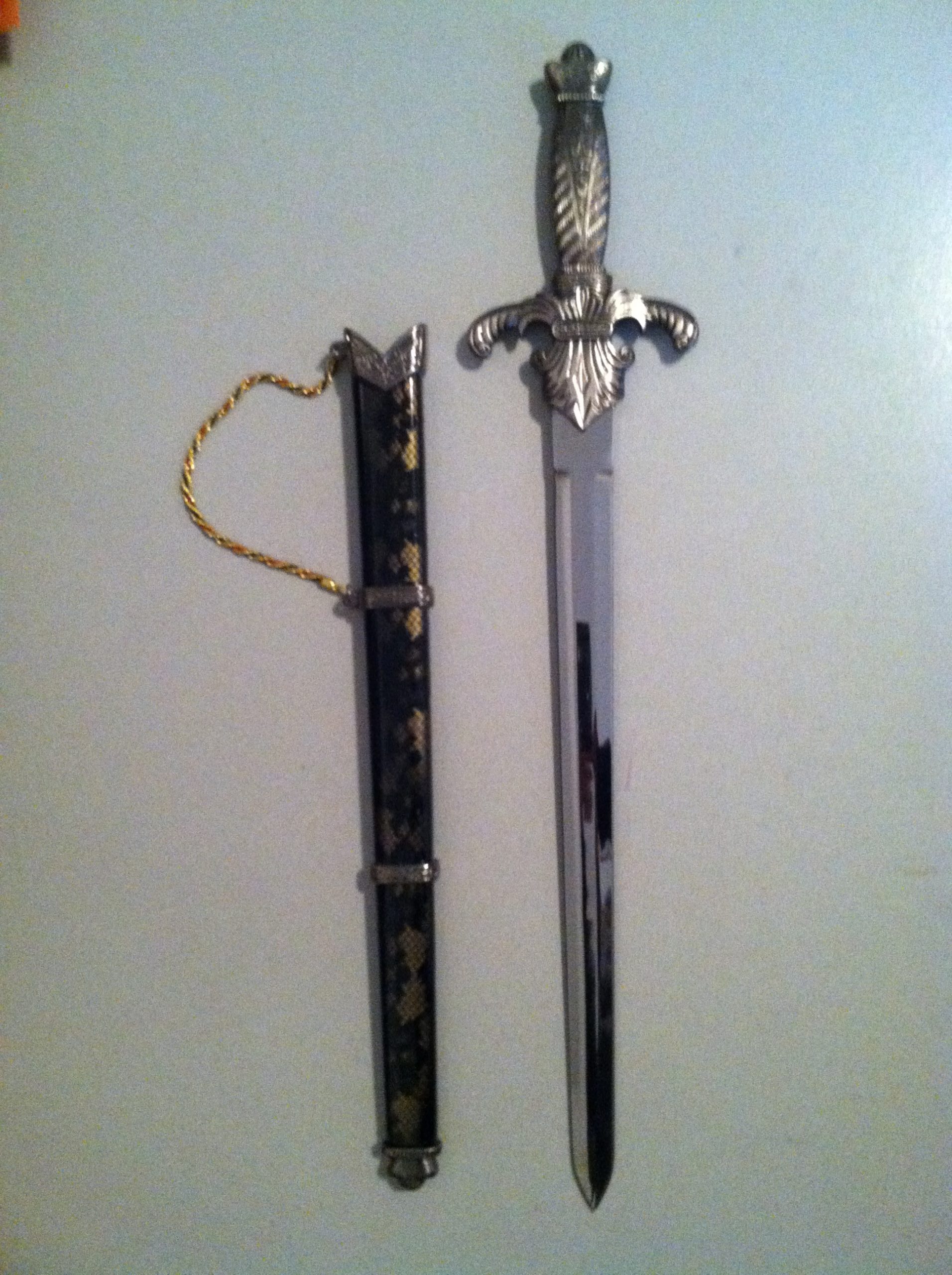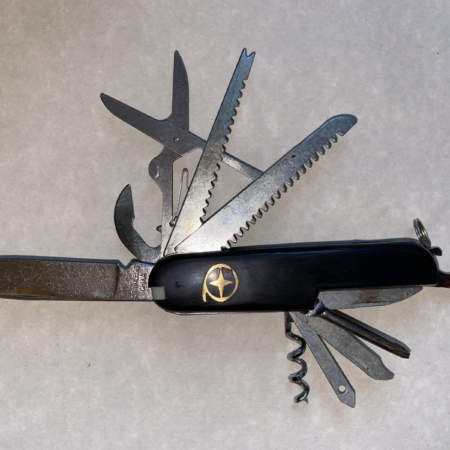9 Steps To Get Out Of Debt – Part 1
Nowadays, debt has become a standard part of life. It comes in many forms including student loans, medical bills, auto loans, unpaid utilities, mortgages, money borrowed from friends and relatives, store credit and the most dreaded of them all, credit card debt. It’s a part of life for almost all of us, rich or poor, but it doesn’t have to be. In this nine-part series of articles you will learn the steps to take to become completely debt-free and stay debt-free.
Let me start off by saying not all debt is necessarily bad. It can be very beneficial to borrow money sometimes, if done for the right reason. For example, taking out a mortgage to buy even a modest home will most likely cost you several hundred thousands of dollars over the life of the loan, however you will gain equity and the house will usually appreciate in value, making it a better option in a lot of cases than living in an apartment. Other examples would be borrowing money for college in order to acquire a higher paying job, or borrowing money to start a business. Other times it is just un-avoidable such as a medical condition or loss of a job. They key is to borrow for the right reasons.
The problem is, we quite often borrow money for the wrong reasons. These include taking out auto loans for nicer cars than we really need, not saving money to cover minor emergencies that come up such as a major appliance breaking, and of course making purchases with credit cards when we don’t have the money to buy them.
The problem has really gotten out of control in the last few decades. The average American household owes about $19,000 in non-mortgage debt, including about $7,500 in credit card debt. When you compare that to the average household income of $43,500, you can see the average American household owes 43% of their annual salary in non-mortgage debt.
As you can see, if you’re in debt, you’re not alone. No matter what kind of debt you have, or how much, your life will be less stressful and more fruitful if you eliminate it. This nine-part series will walk you through each of the necessary steps to help you eliminate your debt. It definitely will take some work on your behalf, but if you stick with it, you can succeed and the benefits will be well worth the work.






